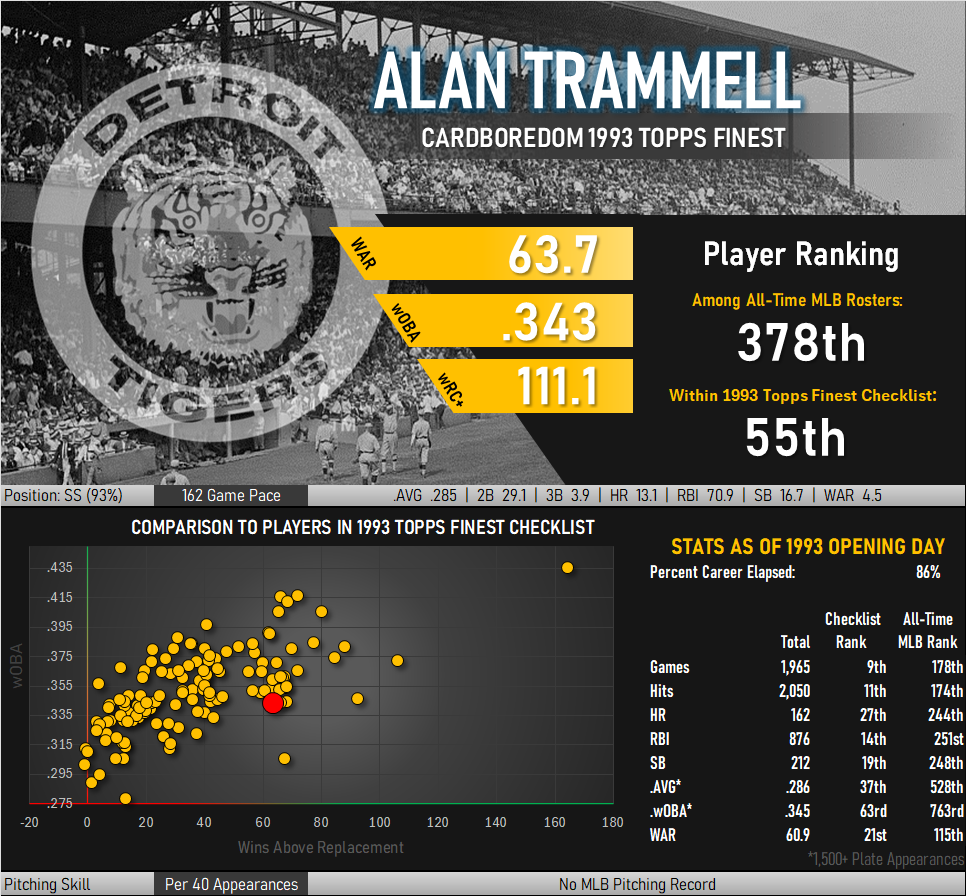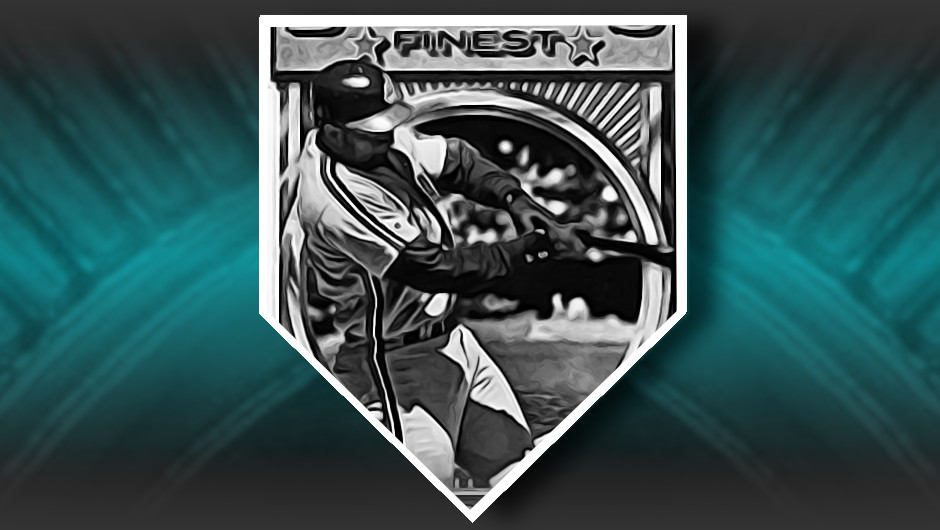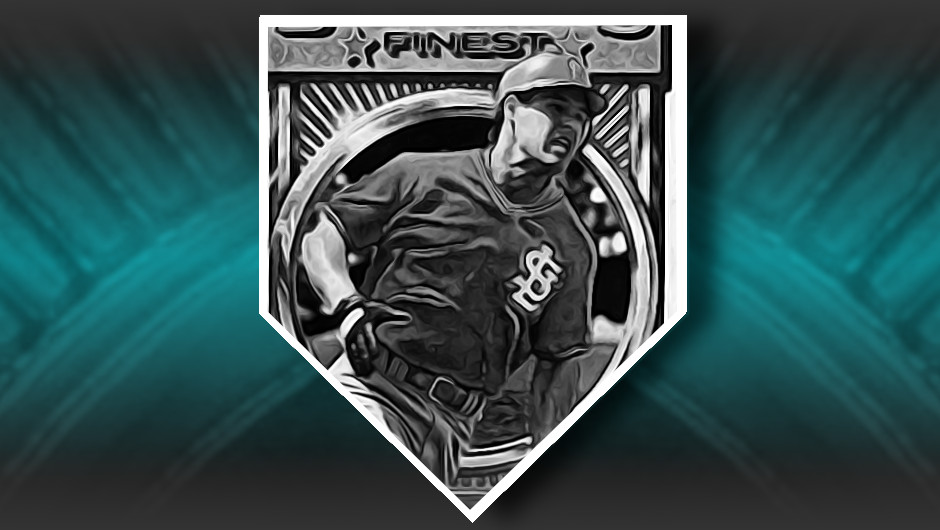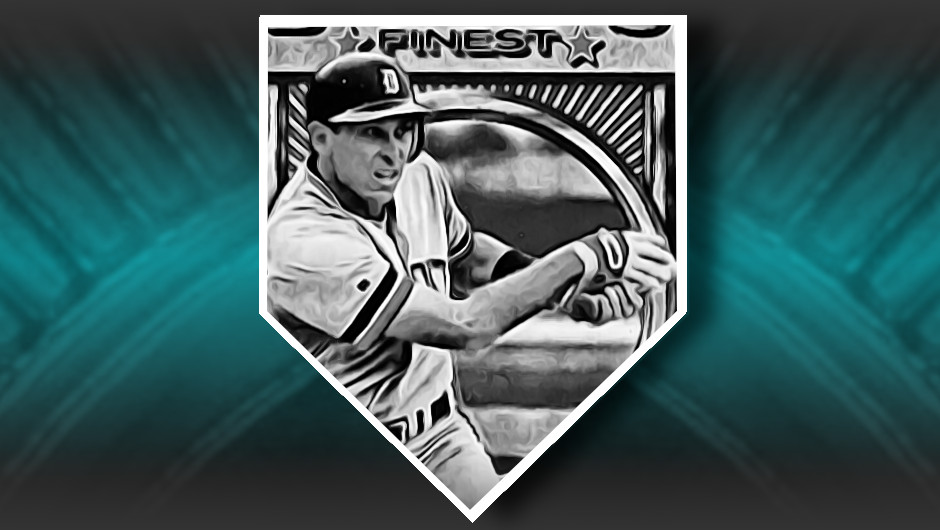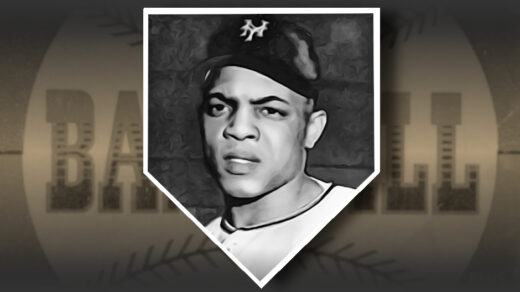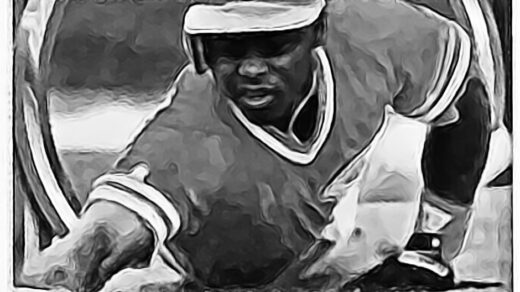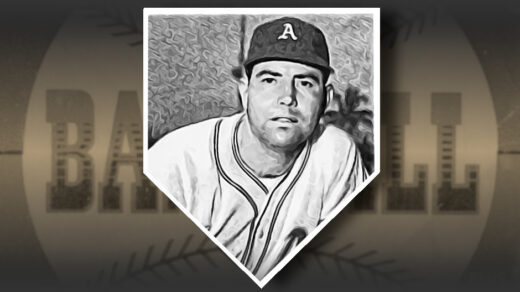Look at the back of the Alan Trammell card in the 1993 Finest set. See that photo of the Detroit infielder looking to his side in the general direction of the camera? That pose is what makes great baseball managers. The look says all that needs to be said. If Alex Sanchez is standing on first base and sees Trammell doing that while giving the most imperceptible of nods, second base is as good as stolen.

Perhaps that is what went through the minds of the Tigers’ front office when Trammell was named skipper of the club six years after retiring from a two-decade career as the best shortstop in team history. Trammell got the nod to give the nod for the 2003 season. The team had previously finished 55-106, somehow finishing 39 games out of contention and not even playing a full 162 contests for the year. Things could only get better.
Nope.
The team began the 2003 campaign with a 1-17 start. The team managed to win only 43 games against 119 losses, posting the fifth lowest win percentage in baseball history since Detroit’s introduction of the Model-T. The team avoided setting the modern record for losses only by winning 5 of their last 6 games of the season. No team has posted as dismal a record in the ensuing 20 years. The 2018 Orioles? No, Detroit was worse.
Guess what? At the conclusion of the season Trammell received a vote for American League Manager of the Year. Perhaps the lone voter was a die-hard Tigers homer, or possibly he thought Trammell’s dugout gravitas pulled an otherwise hopeless team back from the abyss of replacing the ’62 Mets in baseball futility lore.
This second possibility does have some weight. After all, the manager does not affect whether or not the cleanup hitter swings and misses when facing off against an opposing fastball. The team batted a collective .240 in a year in which the average was .264. They generated less than 600 runs with lone All-Star (and noted baseball card collector) Dimitri Young accounting for almost 1/7th of all offensive production. Low scoring offense hurt doubly hard against a backdrop of terrible pitching. Detroit’s collective ERA as 5.30, effectively a full run worse than the MLB average. Only one starter managed to get his ERA below 5. Detroit wasn’t done in by bad managing, it was bad pitching.
Before 2003
I don’t really remember Alan Trammell much as a player. His best years were with the early-1980s Tigers, a team that reached its prime before my time. Cal Ripken’s amazing career overshadowed Trammell in his heyday while the monster numbers generated at shortstop by Derek Jeter and Alex Rodriguez kept me from looking back to closely at what I had missed. Still, Trammell left behind a legacy of steady production and well over 60 wins above replacement. Perhaps Barry Larkin is a good statistical match for Trammell.
